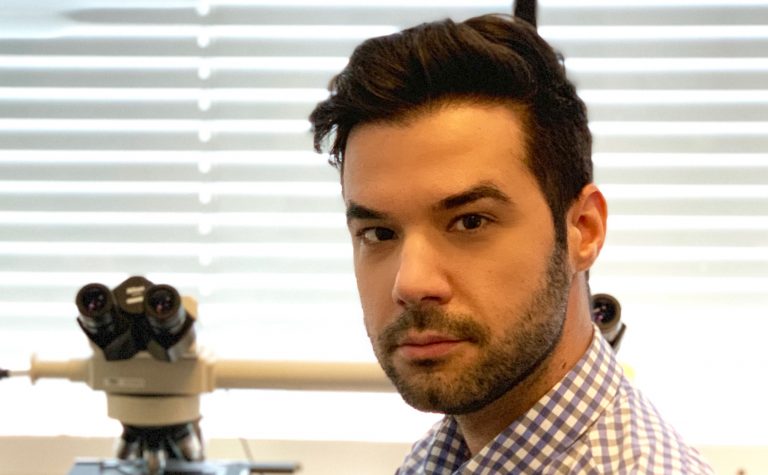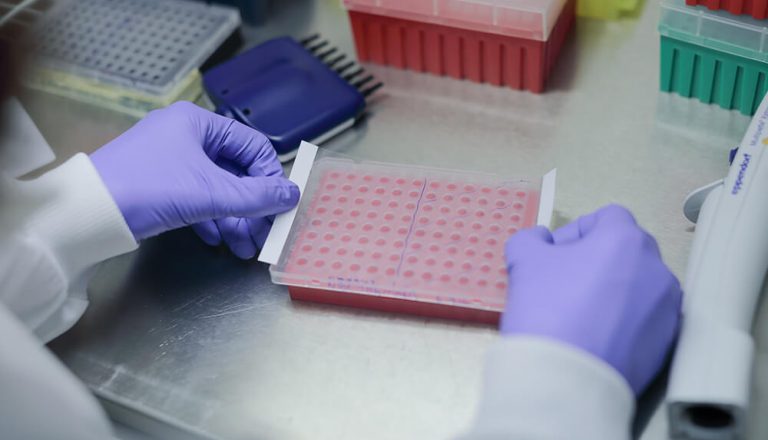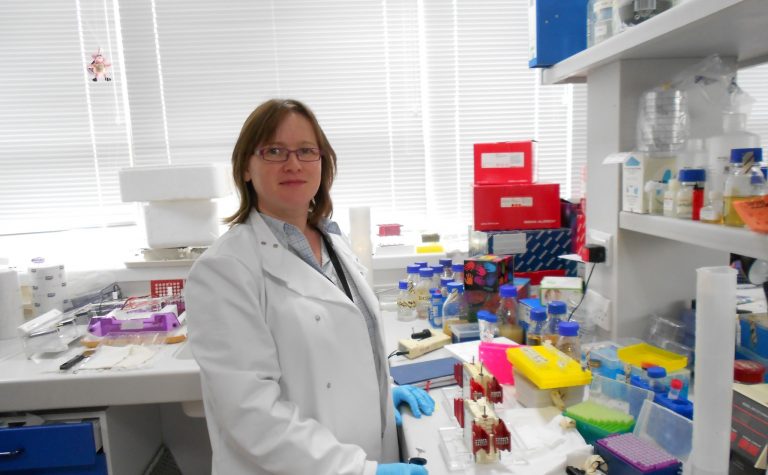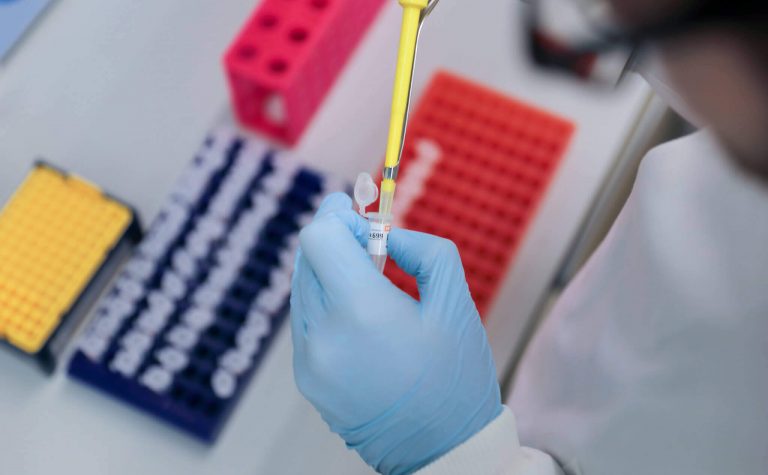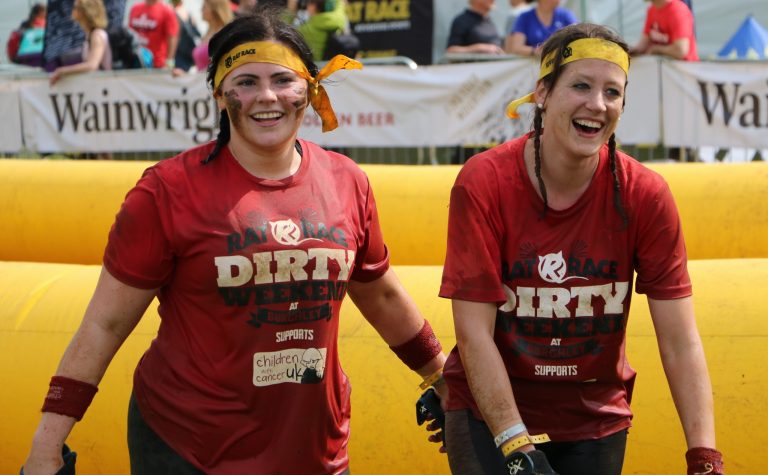About the Research Team
Dr Srdan Rogosic graduated with a medical degree from the University of Zagreb School of Medicine in Croatia, in 2011. After graduating, Dr Rogosic started his Paediatrics training at Leeds Children’s Hospital, before continuing his Haematology specialty training in London. He continues being at the frontline by undertaking his clinical role as a Haematology Specialist Registrar at Great Ormond Street Hospital. He is particularly interested in developing new treatments for children and young people. Dr Srdan is working with Dr Sara Ghorashian and Dr Martin Pule, who both have significant expertise in the development and delivery of CAR T cell therapy. Dr Ghorashian is a consultant paediatric haematologist at Great Ormond Street Hospital. She has translated a novel CAR T cell programme into clinical practice in under two years. Dr Martin Pule is the director of the UCL CAR programme and has a track record for being at the forefront of innovation in CAR engineering.